Description
KOCZALSKI PLAYS CHOPIN: BROADCAST RECORDINGS FROM GERMAN RADIO · 1945 AND 1948. CD 1: (65:56) Mazurka No. 25 in B minor, Op. 33, No. 4*; Nocturne No. 1 in B flat minor, Op. 9, No. 1*; Nocturne No. 19 in E minor, Op. 72, No. 1*. Waltz No. 14 in E minor, Op. Posth.*; Prelude in C sharp minor, Op. 45*; Mazurka No. 17 in B flat minor, Op. 24, No. 4*;Waltz No. 6 in D flat, Op. 64, No. 1 ("Minute") *. Prelude No. 15 in D flat major, Op. 28, No. 15 ("Raindrop") *; Waltz No. 3 in A minor, Op. 34, No. 2 ("Valse brillante")*. Polonaise No. 3 in A, Op. 40, No. 1 ("Military") * [all Rec. Feb. 6, 1948 in Studio Kleistsaal, RIAS, Berlin]. Mazurka No. 31 in A flat, Op. 50, No. 2* [Rec. Feb. 9, 1948 in RIAS Studio I, Berlin]. Fantaisie in F minor, Op. 49 [Rec. April 5, 1948 in RIAS Studio I, Berlin*]. Nocturne No. 9 in B, Op. 32, No. 1 [Rec. Feb. 9, 1948 in RIAS Studio I, Berlin*]. Fantaisie-Impromptu in C sharp minor, Op. 66 [Recorded 1945 in Berlin]. CD 2: (74:25) Etude No. 8 in F, Op. 10, No. 8* [ Rec. April 5, 1948 in RIAS Studio I, Berlin]; Impromptu No. 1 in A flat, Op. 29* [Rec. Feb. 9, 1948 in RIAS Studio I, Berlin]. Sonata No. 3 in B minor, Op. 58* [ Rec. Apr. 5, 1948 in RIAS Studio I, Berlin]; Waltzes: No. 3 in A minor, Op. 34, No. 2 ("Valse brillante"); No. 4 in F, Op. 34, No. 3 ("Valse brillante"); No. 8 in A flat, Op. 64, No. 3 [Rec. Oct. 24, 1948 in Berlin]. Ecossaises, Op. 72: No. 1 in D; No. 2 in G minor; No. 3 in D flat [Rec.Oct. 24, 1948 in Berlin]. Piano Concerto No. 2 in F minor, Op. 21, with Berlin Radio Orchestra [Rundfunk-Sinfonieorchester Berlin] conductor, Sergiu Celibidache [Rec. Sept. 25, 1948 in Berlin]. Raul von Koczalski, piano Audio Restoration Engineer: Mark Obert-Thorn. Includes over 70 minutes of unissued material. * previously unreleased UPC# 017685-12612-3.
BUZZ: Raul Koczalski (3 January 1884, Warsaw ? 24 November 1948, Pozna?) was a Polish pianist who studied with Chopin's pupil Karol Mikuli and became an acclaimed Chopin interpreter of the first half of the 20th century. Koczalski's command resulted not only from his mother-tongue mastery of precisely those elements of Chopin's pianism that people most often tried to describe (yet found most elusive to master themselves), but from his understanding of musical styles and genres as Chopin understood them. In this idiomatic mode, melody is played in the cantabile style, which means not only with a lovely singing tone but also with a nineteenth-century singer's soloistic rubato, a particular kind of relationship to the accompaniment, and an operatic force of interpretation. Dance rhythms dance, even (especially) when they rush and linger, when this beat or the other is agogically accented, or when the rhythmic flow is suspended for a phantasmagoric flight or a momentary virtuosic display.

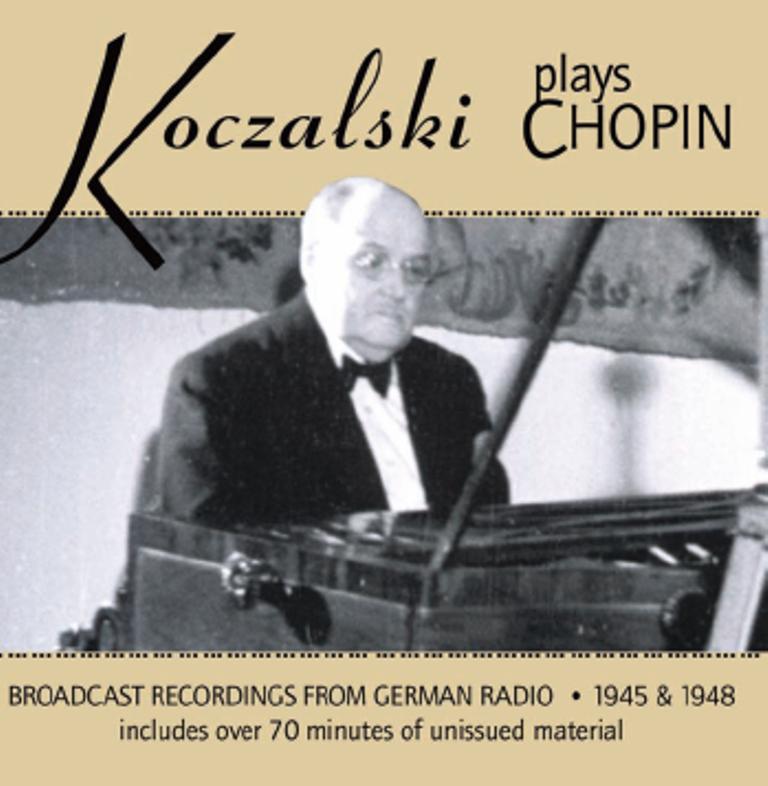
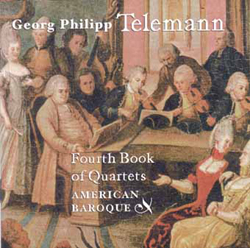
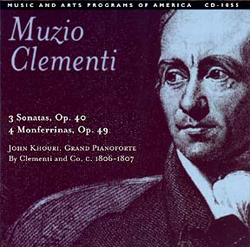

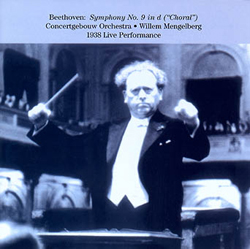
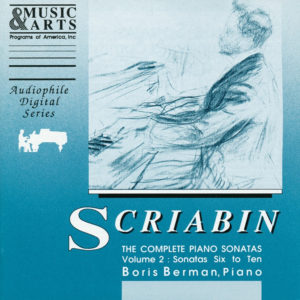
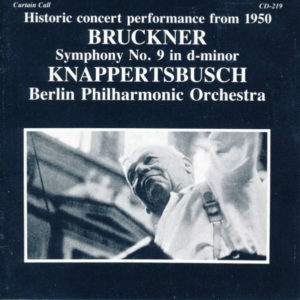
Reviews
There are no reviews yet.